Tag: Patti Singleton
-
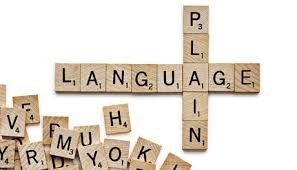
HDI Collaborates with UC Davis MIND Institute
Even dense and difficult information can be written so that everyone can read it. That’s why the MIND Institute at UC Davis reached out to HDI, to teach them more about […]
-
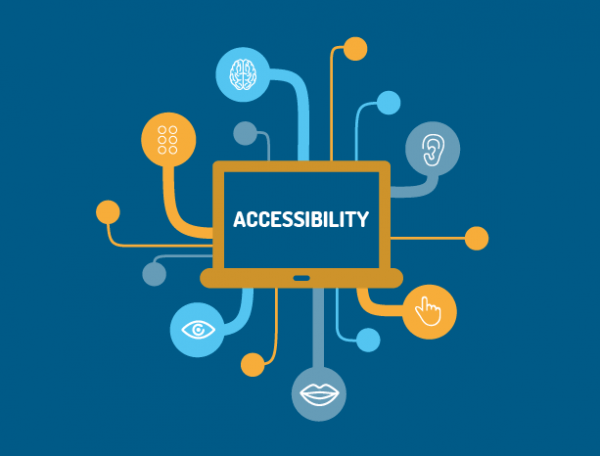
Increase Accessibility with Plain Language
Opportunities to make life more inclusive are everywhere – even something as simple as the language we use can have huge implications for accessibility. One of the most powerful tools […]
-
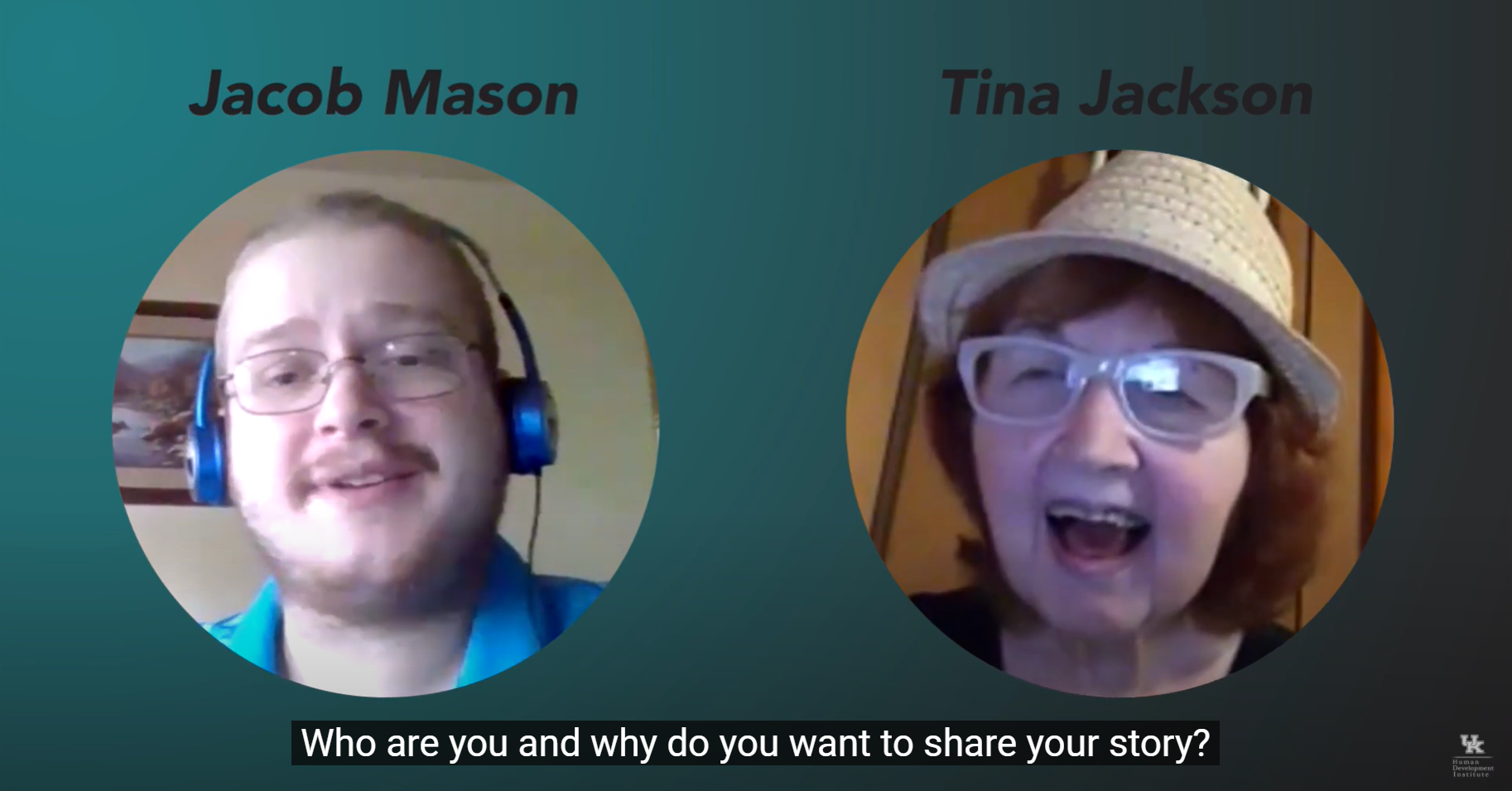
HDI Launches Storytelling Website
The University of Kentucky Human Development Institute Digital Storytelling Initiative highlights the stories and lived experiences of people with disabilities. By recording and collecting stories, the contributions of people with disabilities […]
-
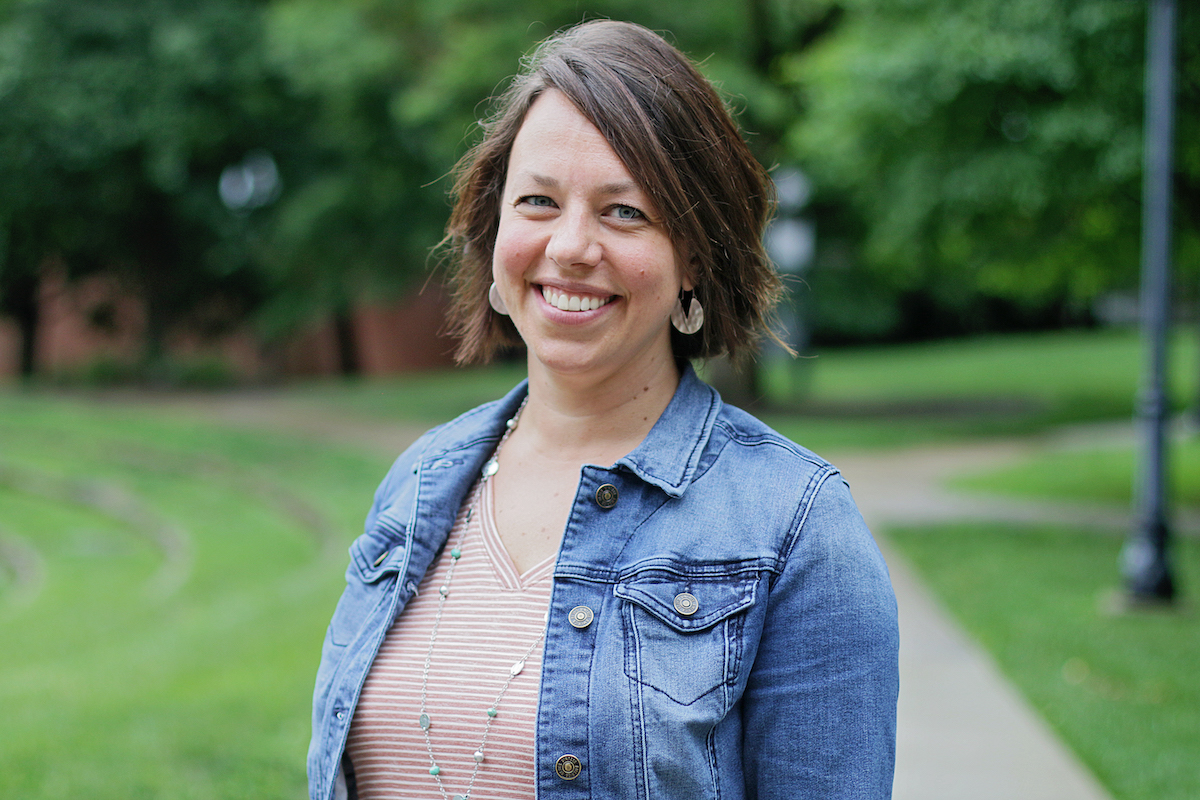
Promoting COVID-19 Vaccine Access and Confidence
Over the next year, the UK Human Development Institute will work with the Association of University Centers on Disabilities (AUCD) and several partners as part of a CDC Cooperative Agreement, […]
-
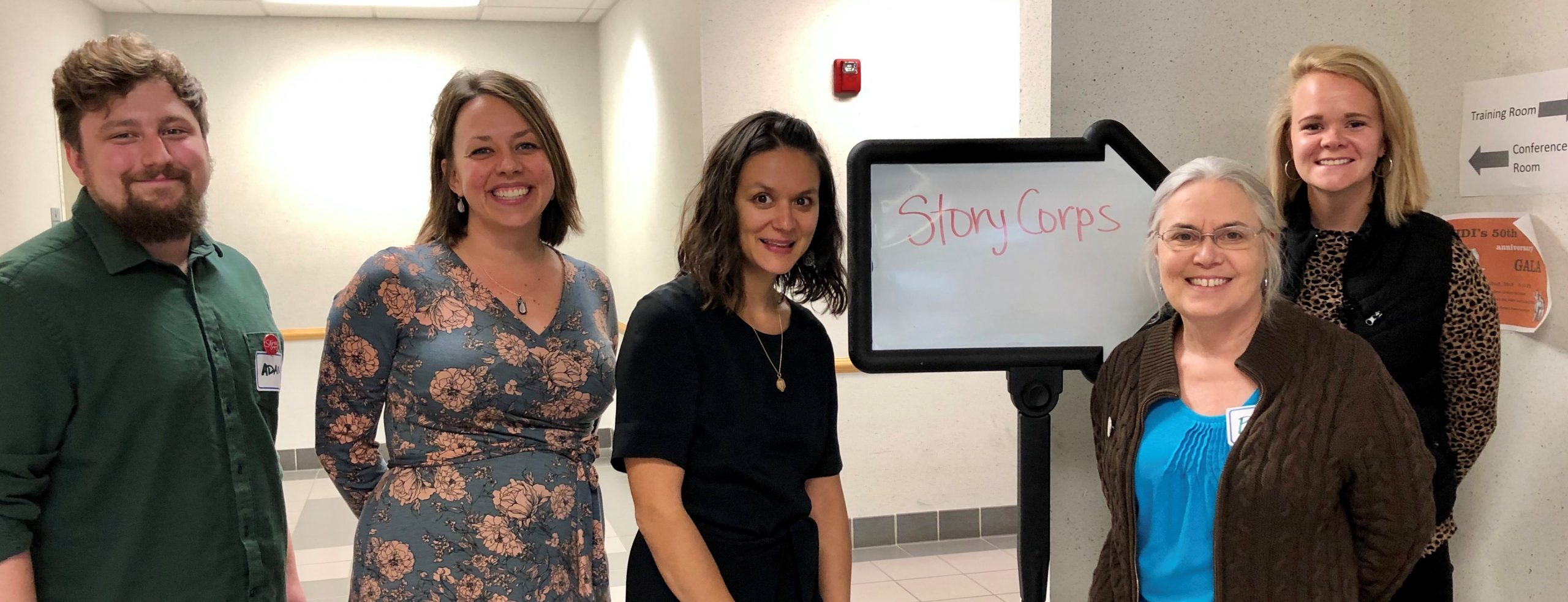
Human Development Institute expands capacity with StoryCorps Facilitation Training
Staff representing the UK Human Development Institute (HDI) recently completed training to expand their capacity to capture and deliver digital stories. Staff from HDI along with partners at Utah State […]
-
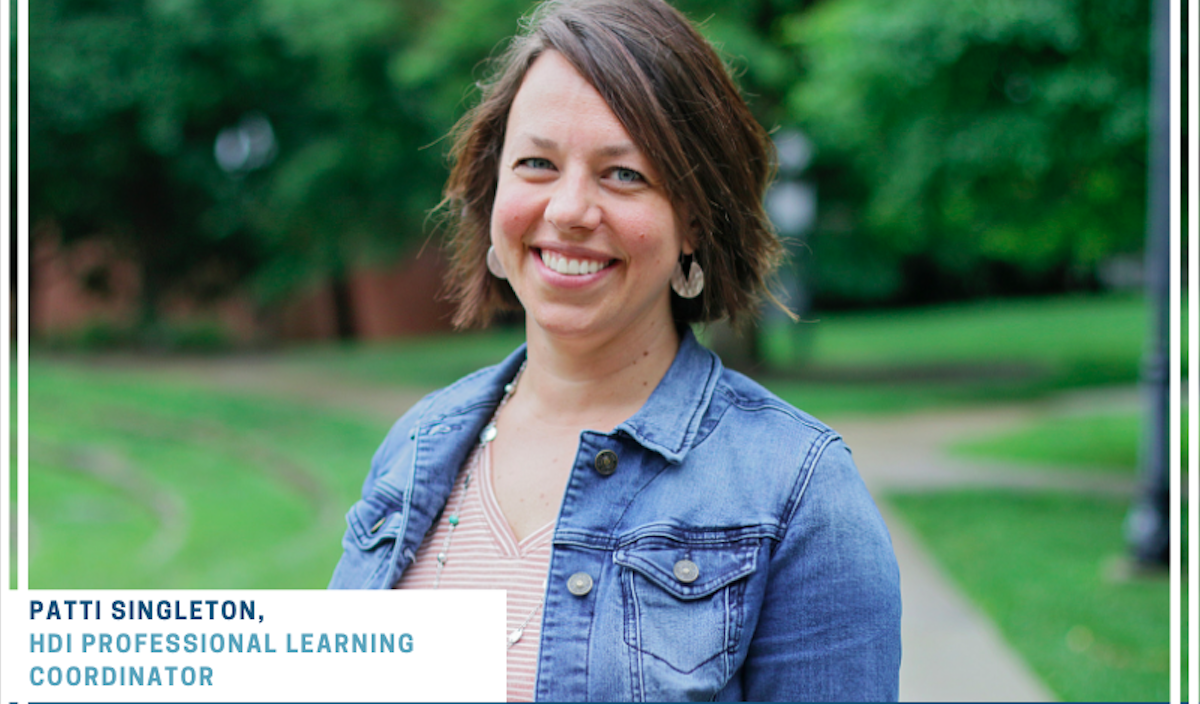
HDI 50th Anniversary Spotlight on Patti Singleton
It’s an honor to be part of HDI’s staff. I’ve grown professionally because of the challenges I’ve been presented with. The staff at HDI are devoted to the independence of […]
-
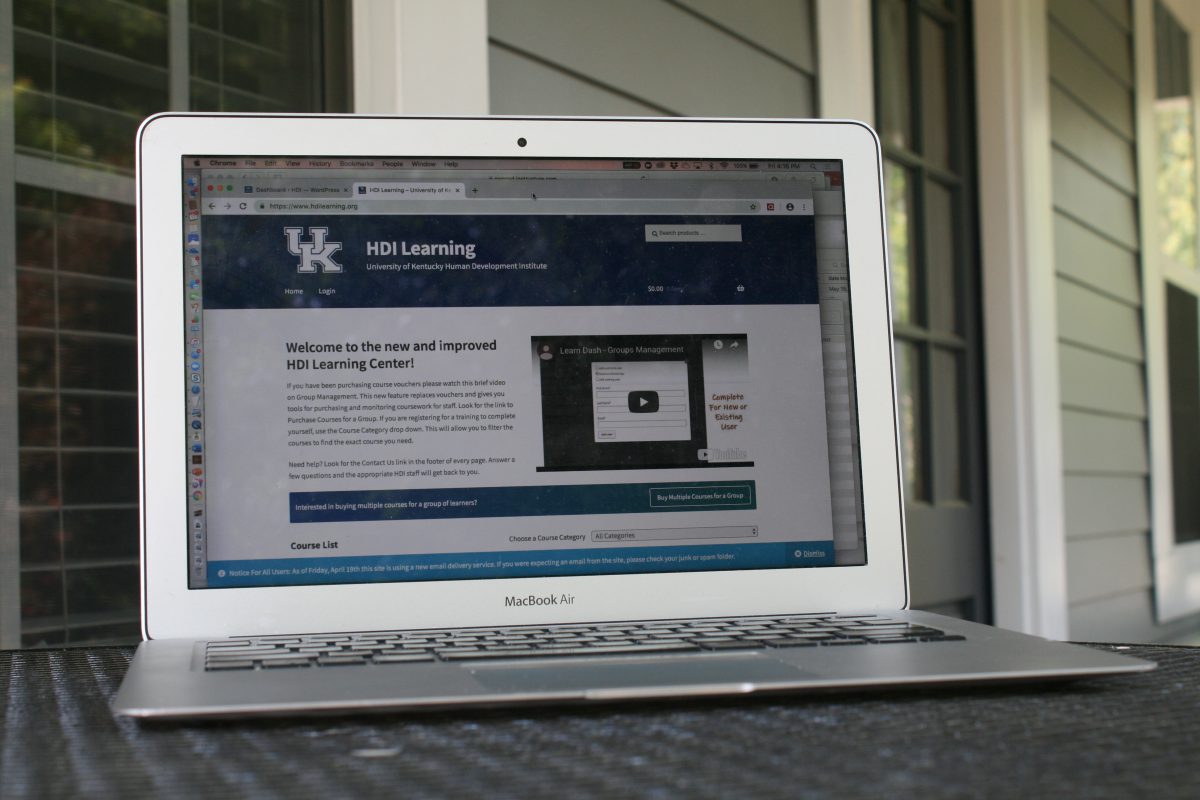
HDI Reaches Notable Milestone with 100 Online Courses!
HDI has reached a notable milestone of 100 online courses, including 4 in development! HDI launched online learning initiative for early childhood in 2004 with the 6-hour ECOOL training for […]
